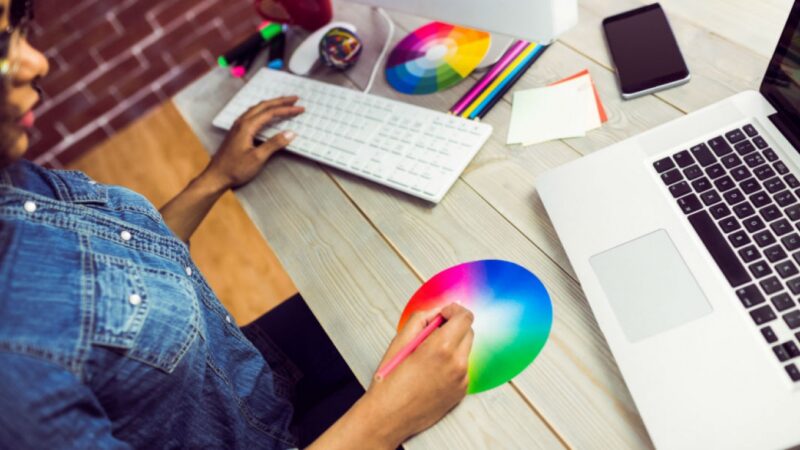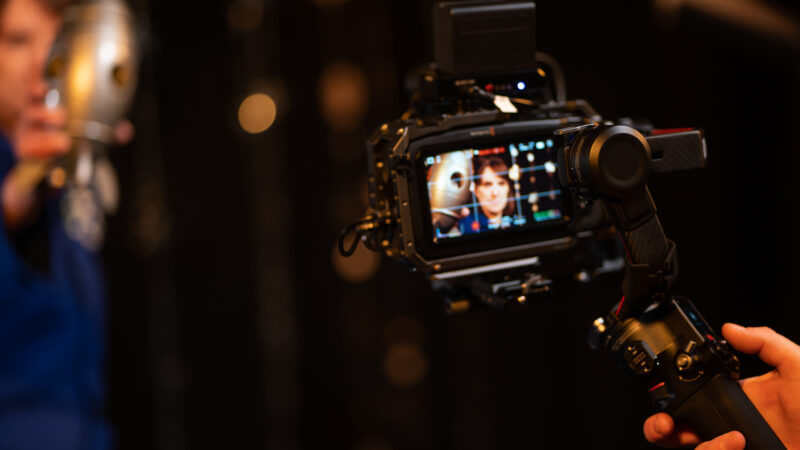In the first in a series of guest blog posts for the Space which reflect on our new normality as a result of Covid-19, we hear from Jo Verrent, senior producer for Unlimited and board member of The Space.
‘Unlimited is a commissions programme for disabled artists and I’ve just updated our risk assessment, a task I do every three months. It looks dramatically different and a hell of a lot riskier than it did 3 months ago. I had to add a new risk, linked to legacy and succession planning. What if I don’t make it through this?
Over dramatic? As a disabled person who is currently shielding, I don’t think so. Many disabled people are extremely worried about the erosion of our rights, as repeated official ‘guidance’ marginalises or minimises us, and the eugenics agenda rises once again. We are not seen as equal. Our lives are not seen as valuable. I am now ‘extremely vulnerable’. Does that mean vulnerable to COVID 19 itself or to the policies that place me less likely to receive treatment, equipment or support?
The ridiculous irony is that many of us disabled people are experts in this new terrain we all find ourselves in. Yet instead of being consulted, involved, listened to and leading, we find ourselves shoved once more to the back of the queue as the clocks roll back 40 years and all that we campaigned for is lost.
You may run, work for, have contracts with or provide services for cultural organisations. You will have signed up to some form of equal opportunities statement. You will have said you recognise that discrimination exists and that you will play your part to end it. If there has ever been a time to act on this, it is now.
What can you do as an ally?
1. Access – Don’t forget access in your rush to respond. Access to online activities, access to funding programmes and opportunities, access to any meetings and consultation events you might run to formulate your responses. Access means both being invited to the table as well as being able to equally understand and benefit from what happens at it.
2. Advocacy – Don’t leave it to us to make the case alone. We all should be campaigning for equality of access, not just disabled people. This isn’t about fairness, it’s about benefit to all. It’s been proved time and time again that more diverse groups produce better ideas and achieve better results. It’s not just that we need you, you need us too.
3. Acknowledge our expertise – many of us have intimate knowledge of the hacks you need now, both practically and emotionally. Many of us have experienced isolation, worked extensively from home, managed fatigue and have techniques in place to keep working whilst not functioning at 100%. We know how to caption Zoom calls, add BSL to live streams, add alt text to Twitter and more. Ask us – or better still, pay us and we’ll help.
4. Adapt and survive – no one knows how long this situation is going to go on for, but we do know that it will shift the axis of our cultural sector forever. There is no going back to what and where we were. We have to adapt to survive – and we can use that adaptation for good. Let’s learn from the compassion we are showing our staff, the flexible ways we are finding to work, the shift in priorities from commercial success to creating a genuine connection with people. Let’s take those values with us into whatever new future emerges
5. And for f**k’s sake stay at home. Literally, my life and many, many more depend on it.




